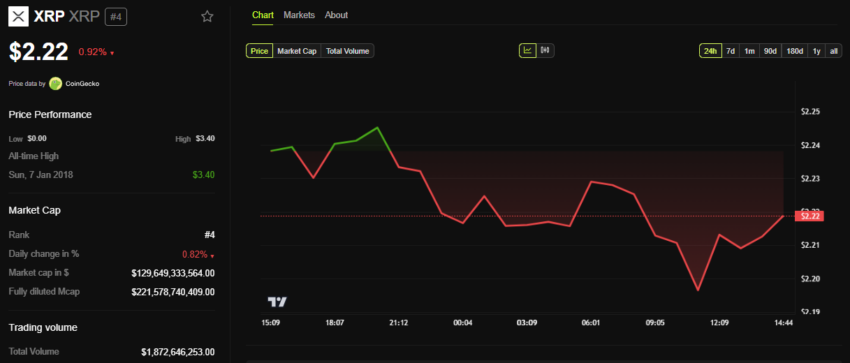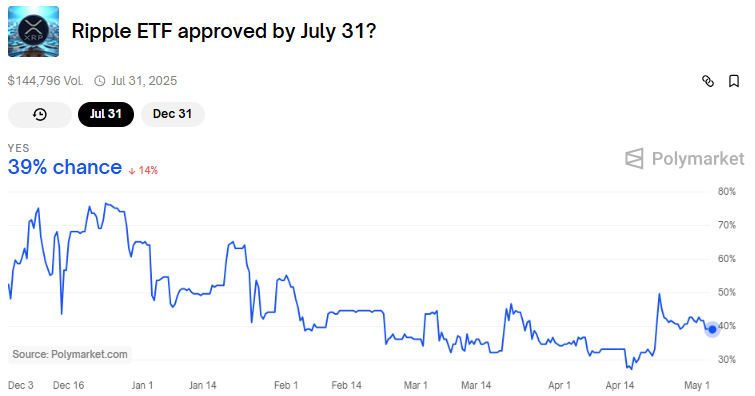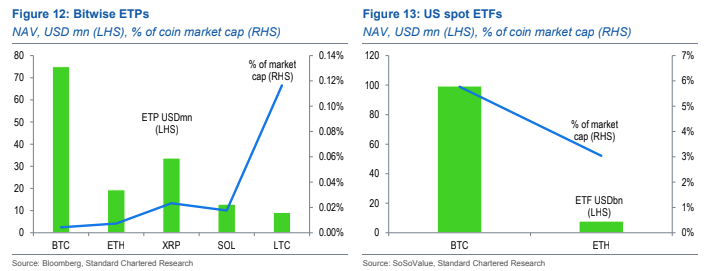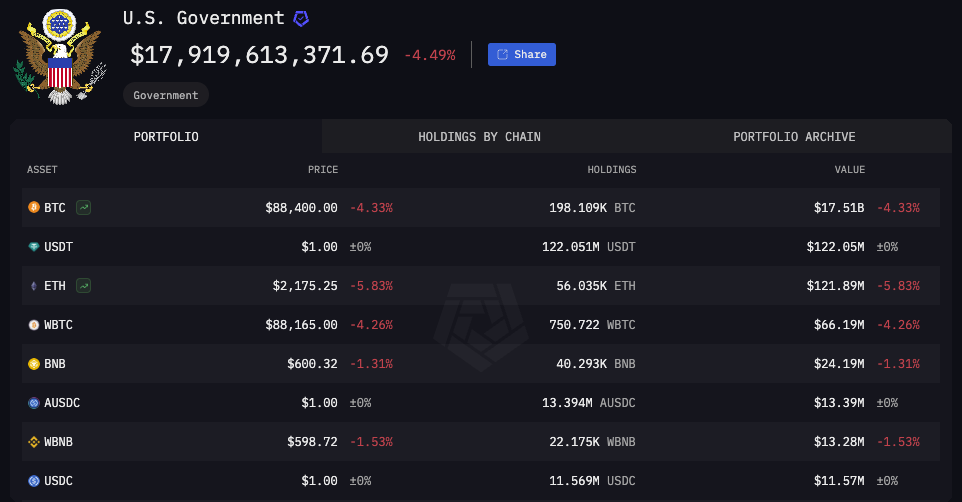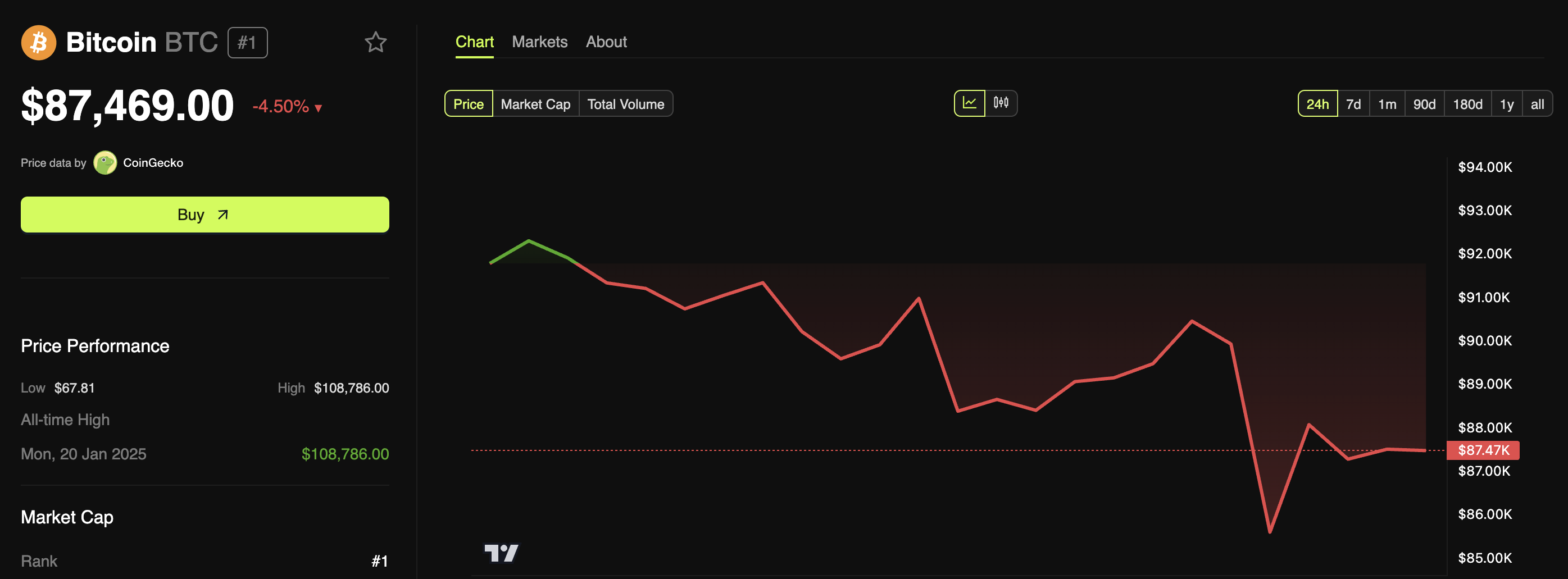In a move set to reshape the world of private equity and infrastructure, Aurum Equity Partners has unveiled a $1 billion tokenized fund. Announced on October 22, the fund will target the development of data centers in the United States, the United Arab Emirates, Saudi Arabia, India, and Europe, offering a groundbreaking approach that blends equity and debt assets in a single, tokenized basket.
The firm’s new venture leverages cutting-edge blockchain technology to tokenize real-world assets (RWAs), making them accessible to a broader range of investors. By partnering with Zoniqx and utilizing its Dynamic Compliant Interoperable Security Token (DyCIST) protocol, Aurum aims to bring transparency, liquidity, and efficiency to its asset management operations. The XRP Ledger (XRPL), a layer-1 blockchain, will be the backbone of this ambitious project, enabling seamless asset tokenization and providing new opportunities for real-world asset integration into the digital economy.
Tokenizing Private Equity for Broader Access
Tokenization — the process of converting real-world assets into digital tokens on a blockchain — has seen rapid growth in recent years. Aurum’s decision to tokenize its new infrastructure-focused fund reflects a growing trend in the financial world, where assets like real estate, bonds, and private equity are being transformed into digital financial instruments.
“Tokenizing private equity is another emerging use case in RWA, tackling the challenges of illiquidity and limited access in these markets,” explained David Schwartz, CTO of Ripple and co-creator of the XRP Ledger. By breaking down traditionally illiquid assets into smaller, tradable tokens, Aurum is opening the door for smaller investors who previously couldn’t participate in large-scale infrastructure projects.
This democratization of investment could be a game-changer. Smaller investors, often excluded from private equity markets, now have the chance to invest in high-potential infrastructure developments — from data centers to cloud infrastructure — in multiple regions worldwide.
Zoniqx and XRPL Powering the Tokenization Revolution
Zoniqx’s asset tokenization solutions, combined with its proprietary DyCIST protocol, are at the heart of Aurum’s new fund. These technologies ensure compliance with regulatory standards while enabling secure, interoperable token transactions across different platforms.
“We are excited to demonstrate the potential of our technology in the private equity space,” said Prasanth Kalangi, founder and CEO of Zoniqx. “Our solutions are designed to meet the evolving needs of the financial industry, and we believe tokenization is key to unlocking new opportunities in this sector.”
By incorporating the XRP Ledger, a highly scalable and efficient blockchain, Aurum’s fund aims to streamline asset tokenization and improve the liquidity of traditionally illiquid assets like real estate and data centers. This move also positions the company at the forefront of the rapidly expanding tokenization market, which experts predict could grow 50-fold by 2030.
The Future of Tokenization
Tokenization is set to become a major driver of financial innovation. By 2030, estimates suggest the RWA tokenization market could be worth between $4 trillion and $30 trillion, transforming how assets are managed, traded, and accessed. For Aurum, this marks the beginning of a new era in infrastructure investment, where cutting-edge blockchain technology meets traditional financial markets to create more accessible and efficient investment opportunities.
Also Read: News Corp Sues Perplexity AI Amid $500M Fundraising, Claims Copyright Violations Of Top Publications
As Aurum Equity Partners continues to explore tokenized solutions for essential infrastructure, its new fund could serve as a blueprint for the future of private equity and asset management. With its focus on sustainability and cloud infrastructure, the firm is well-positioned to capitalize on the growing demand for tokenized investments, all while driving growth in key global regions.



